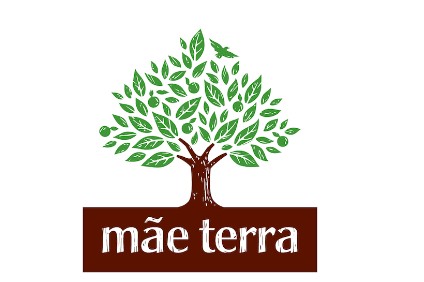
Unilever announced today (2 October) that it has signed an agreement to acquire Brazilian natural and organic food business Mãe Terra.
The Anglo-Dutch consumer goods giant said the deal – for an undisclosed sum – allows it to “accelerate our expansion in the high-growth naturals and organic segment”.

Discover B2B Marketing That Performs
Combine business intelligence and editorial excellence to reach engaged professionals across 36 leading media platforms.
Mãe Terra, which was set up in 1979, has a portfolio that includes organic cereals, cookies, snacks and culinary products. Unilever said Mãe Terra is growing at 30% a year. The categories in which Mãe Terra is present are worth more than EUR8bn (US$9.3bn), Unilever said, citing data from Euromonitor.
Unilever also claimed Brazil was the fifth-largest market in the world for healthy food and beverages, with 79% of consumers regarding health and nutrition as priorities. The company sells brands including Knorr and Hellmann’s in Brazil.
Fernando Fernandez, president of Unilever’s business in Brazil, said: “We are excited about this acquisition. Mãe Terra has a great following in Brazil and strengthens our food portfolio, allowing us to accelerate our expansion in the high-growth naturals and organic segment.
“With Unilever’s expertise and distribution channels, we can both grow and scale Mãe Terra, helping to realise its mission of bringing healthy and nutritious food to even more people. This is perfectly aligned to Unilever’s commitment to sustainable nutrition and to provide consumers with food that tastes good, does good and doesn’t cost the Earth.”

US Tariffs are shifting - will you react or anticipate?
Don’t let policy changes catch you off guard. Stay proactive with real-time data and expert analysis.
By GlobalDataAlexandre Borges, CEO of Mãe Terra, said: “Unilever understands how preserving our purpose-driven culture is critical to the growth of our business and the popularity of our foods. It is uniquely placed to help us accelerate our mission to bring natural and organic food to more people in Brazil.”
Borges will stay on as general manager of Mãe Terra post-deal.
In a feature published by just-food last month on how sustainability is influencing M&A in the food industry, a spokesperson for Unilever said: “We look for two types of acquisitions: those that help us build our presence in key segments and channels, and those that help us build scale and synergies and consolidate our leadership positions. Our business model is one of sustainable, compounding growth so this is an important factor in all business decisions.”
More broadly, Unilever has been involved in a number of food M&A transactions in recent months.
A month earlier, Unilever announced the acquisition of up-and-coming US condiments maker Sir Kensington’s.
April also saw the company announce plans to exit the spreads sector. Two weeks ago, Unilever announced the sale of its spreads business in southern Africa.
Earlier in September, Amanda Sourry, the president of Unilever’s food business, told investors the company was targeting either the sale or de-merger of its spreads business by early next year.
“This is a huge and complex undertaking for Unilever. It’s certainly the biggest divestiture we’ve ever been through. We’ve got a business that’s present in over 60 countries. We’re in the process of developing the carved-out financials, audited for the business, to be in a position to start the sale process this fall,” she said. “I think we’ve been very clear that we intend to drive the maximum value we can through the sale process. If, in fact, we’re not able to do that, we’re also very clear we’ll look at options such as a de-merger or selling parts of the business, rather than the entire business. But we’re absolutely on-track in this process with where we said we would be when we made the announcement in April.”
Last week, meanwhile, Unilever set out plans to sell its olive oil assets in Greece.



